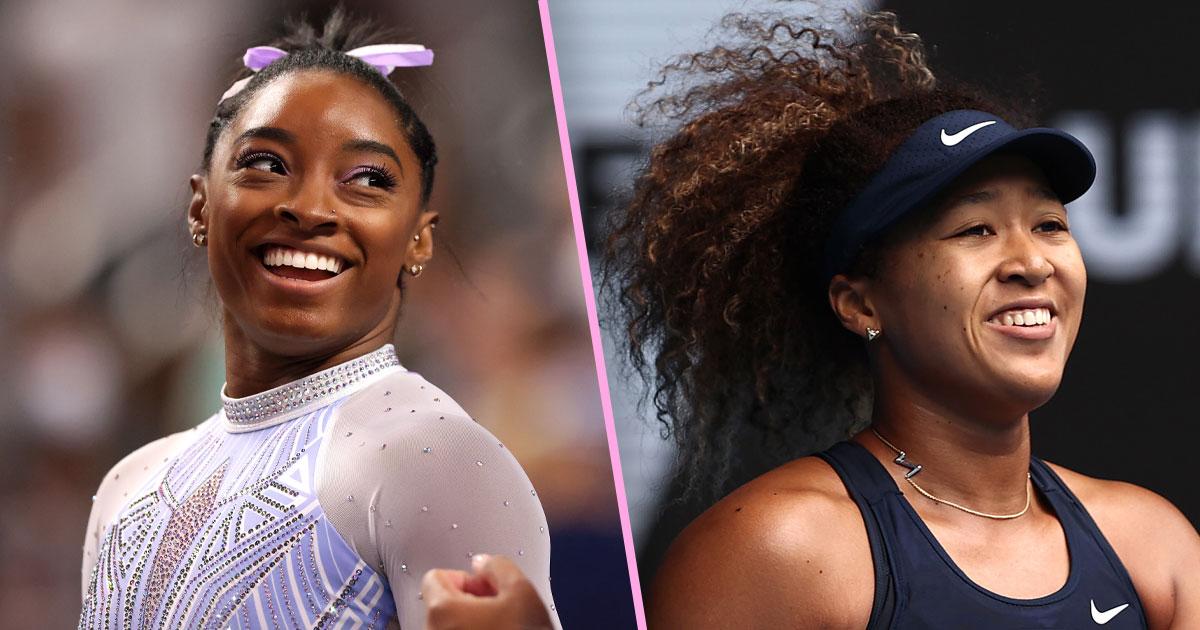Elite Athletes Take Charge of the Mental Health Conversation

by Naomi Bang ‘23
 Almost everyone struggles with mental health whether they admit it or not—it’s completely normal and expected, especially considering the current global pandemic. Still, society has placed an expectation on elite athletes to be invincible and immune to the pressure and stress of their profession. Recently, these athletes have begun breaking down this stigma around mental health and the pressure to maintain an ideal image.
Almost everyone struggles with mental health whether they admit it or not—it’s completely normal and expected, especially considering the current global pandemic. Still, society has placed an expectation on elite athletes to be invincible and immune to the pressure and stress of their profession. Recently, these athletes have begun breaking down this stigma around mental health and the pressure to maintain an ideal image.
When Simone Biles withdrew from Olympics team final competition, fans across the country were shocked, but the 24-year-old gymnast knew it was the right thing to do for her mental well-being. Biles, a two-time Olympian, is considered the greatest gymnast of all time, a significant title to live up to. But her level of talent and fame have set a high bar for her to maintain and she has talked about the pressure that comes with it. “I truly do feel like I have the weight of the world on my shoulders at times,” she described in an Instagram post.
Biles’ announcement came on the heels of Naomi Osaka, one of the world’s top tennis players, announcing her withdrawal from the French Open after a dispute over her press participation. She revealed that since 2018, she has struggled with long bouts of depression and confronting the global media causes her large waves of anxiety. Osaka preemptively declined commentary with the press, citing anxiety and the decision to exercise self-care, yet she was met with a $15,000 fine and threats of disqualifications from future competitions.
The tennis player was clear on her position that athletes’ mental health should always be placed first and foremost. “I have often felt that people have no regard for athletes’ mental health and this rings true whenever I see a press conference or partake in one,” Osaka said in a social media post. “I believe that whole situation is kicking a person while they’re down and I don’t understand the reasoning behind it.”
Earlier this year, professional leagues also took part in the conversation. In May, the NFL launched a video series for Mental Health Awareness Month where current players shared their experiences with mental health.
“I still think the stigma’s pretty strong,” said Solomon Thomas of the Las Vegas Raiders, who began advocating for mental health after his sister’s death. “That’s the one reason I didn’t come out and start speaking right away about my depression, about my journey, and about my sister’s journey, as well. I was afraid of, like, what fans would think, if teammates would think I’m soft.” Other players described the need to break down stigmas of appearing weak or not capable of leadership if they opened up about their vulnerable and lowest moments.
These athletes are sending the message that it’s okay to be honest and open about mental health. They are saying what people of all ages need to hear. They are showing that every individual needs to take care of themself and do what is right for their mental wellbeing, and they are challenging the standards that elite athletes are held to. That’s why the athletes’ message is impactful and can resonate with so many people.